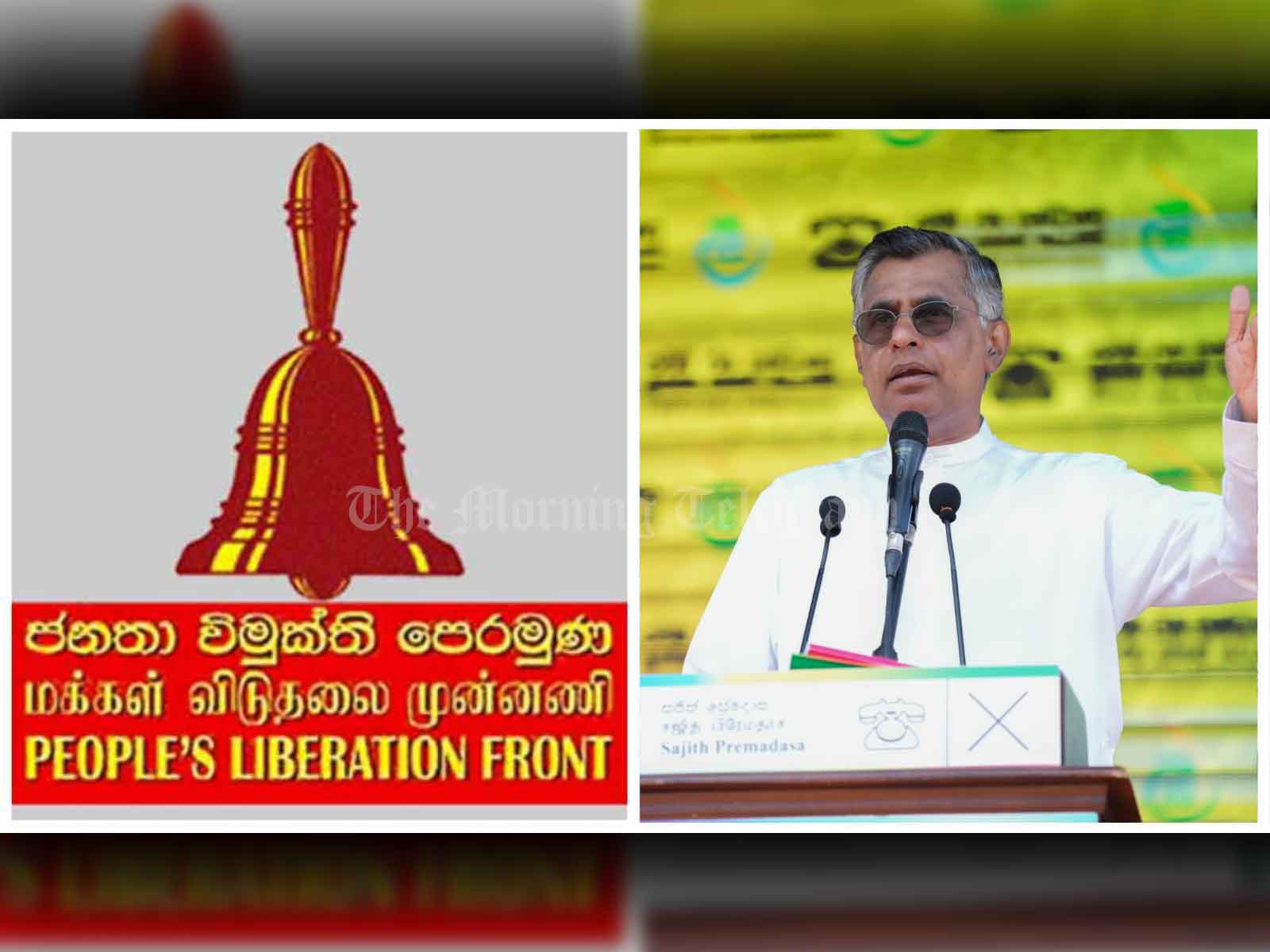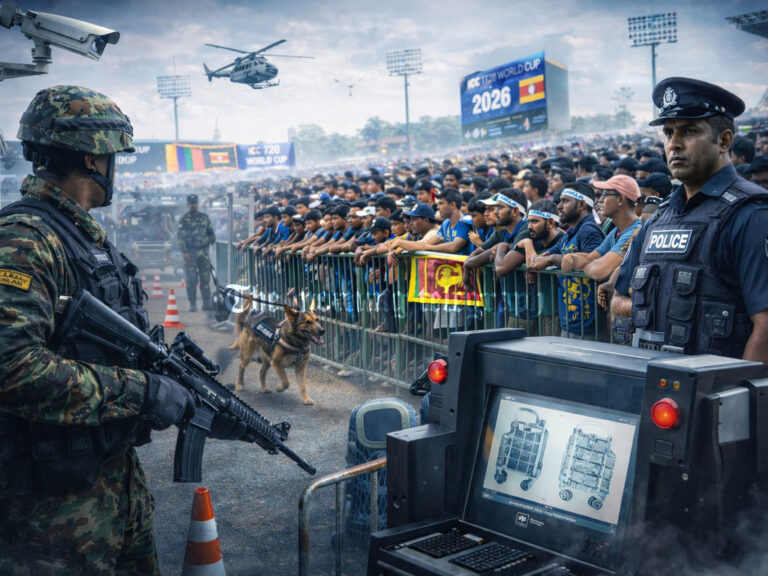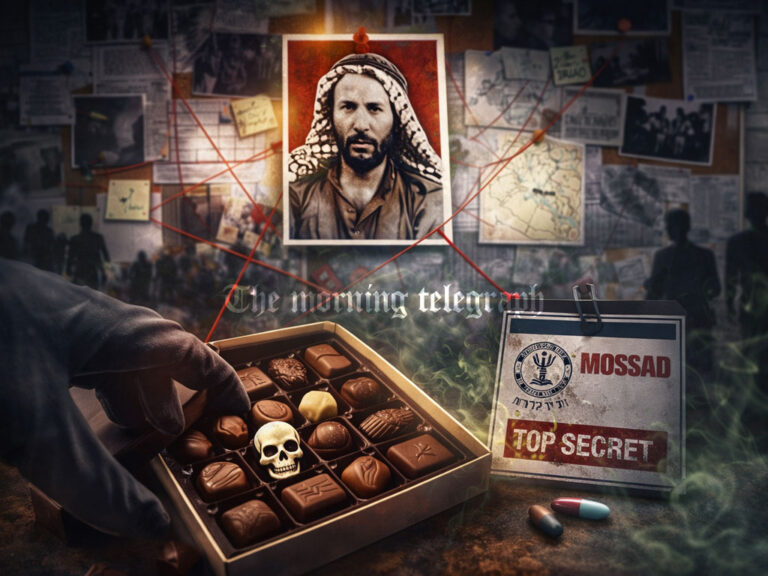
Patali Champika Ranawaka’s recent broadside against the Janatha Vimukthi Peramuna (JVP) has triggered waves across the political landscape. While it’s not uncommon for opposition leaders to launch verbal missiles in an election year, Ranawaka’s critique goes beyond the standard fare. He has directly questioned the JVP’s very ideological foundation and raised alarming questions about their stance on military policies. But is this a necessary reality check for voters—or merely a well-timed political maneuver?
The Ghosts of the Past: Real Concerns or Fearmongering?
Ranawaka’s most pointed critique lies in his questioning of the JVP’s proposal to disband the military in favor of a “voluntary peace service.” It’s a policy that, on the surface, may seem idealistic at best and dangerously naive at worst. For many Sri Lankans, memories of the JVP’s violent insurgency in the late 1980s are still fresh, and any talk of disarming the military carries a psychological weight that cannot be ignored.
But is this criticism justified? An argument could be made that in a world increasingly leaning toward demilitarization and peace-building, the JVP’s policy, though radical, is not completely out of place. Countries like Costa Rica have successfully dismantled their military forces and instead focused on civilian defense mechanisms. However, Sri Lanka, having endured decades of civil war and insurgencies, is not Costa Rica. The notion of disbanding the military in a country where threats to national security are ever-present, particularly from both domestic and external actors, seems less about fostering peace and more like a gamble with national safety.
Related Story :- Champika Challenges JVP’s Revolutionary Ideology and Manifesto
Ranawaka’s skepticism here strikes a chord with many, particularly those wary of any radical overhaul of the country’s defense apparatus. While JVP leaders like Anura Kumara Dissanayake may argue that such a move is essential for progressive governance, Ranawaka’s point that it risks chaos is a reality check that should give voters pause.
Marxism, Religion, and the JVP’s Secular Dilemma
Beyond national security, Ranawaka’s second major critique focuses on the JVP’s ideological commitment to Marxist principles and their push for a secular state. Here, it becomes evident that Ranawaka is tapping into Sri Lanka’s deeply ingrained socio-religious fabric.
Sri Lanka has always been a deeply religious country, with Buddhism playing a central role in its national identity. The JVP’s manifesto, which calls for the removal of religious teachings from public schools, while seemingly progressive in a global context, could alienate significant sections of the population at home. Ranawaka’s argument that this threatens the nation’s cultural and religious diversity has merit.
However, one might also argue that secularism is not the bogeyman Ranawaka paints it to be. The separation of religion and state has been a cornerstone of democracy in many parts of the world, promoting inclusivity and reducing religious conflict. But Sri Lanka, with its long history of religious influence in politics, is a different beast. Whether the JVP’s secularist ambitions are achievable—or even desirable—in this context is questionable.
Is the JVP Really Dangerous, or Just Different?
Ranawaka’s portrayal of the JVP as a lingering revolutionary threat is where the conversation shifts from critique to what could be seen as fearmongering. By invoking the party’s violent past, Ranawaka is attempting to remind voters of a time when the JVP was synonymous with rebellion, bloodshed, and chaos. But is it fair to hold the JVP accountable for the sins of its past when the party’s leadership, especially under Anura Kumara Dissanayake, has repeatedly distanced itself from those dark days?
Today’s JVP seems more focused on economic equality, corruption reform, and grassroots mobilization than on armed rebellion. Ranawaka’s insistence on linking the current JVP to its past insurgencies could be seen as a political ploy designed to stoke fear and sway undecided voters, particularly the middle class, which has traditionally shied away from radical politics.
Hypocrisy or Harsh Reality?
Ranawaka’s accusation of JVP hypocrisy, particularly regarding their silence on the government’s tax policies and economic mismanagement, is perhaps his most cogent argument. The JVP, while vociferously opposing the government on many fronts, has often failed to provide clear and practical alternatives to some of Sri Lanka’s most pressing issues, like the economic crisis.
Yet, it’s worth noting that the JVP is not the only political party guilty of this. Ranawaka himself has been criticized for political posturing without substantive solutions during his time as a key political figure. In this light, his attack on the JVP might come off as opportunistic, as much an attempt to distract from his own record as it is to highlight JVP flaws.
The Bigger Picture: A Vote on Ideas or Fear?
Ultimately, the question voters need to ask themselves is this: Are they willing to give the JVP the benefit of the doubt? Ranawaka’s critiques, while valid in certain respects, may also reflect a broader resistance to any party that dares to challenge the status quo. The JVP, in its latest incarnation, is asking voters to envision a radically different Sri Lanka, one where the military is replaced by civilian defense, religion is separate from the state, and Marxist-inspired economic policies drive governance.
It’s a bold vision, but also one fraught with risks. Ranawaka’s fiery rhetoric serves as a reminder of these risks, painting a picture of instability, danger, and regression. Whether voters see this as a wake-up call or political opportunism will shape the coming election. But one thing is clear: this debate is not just about the JVP. It’s about the future of Sri Lanka, and whether the country is ready for revolution—or if it needs a more measured path forward.




